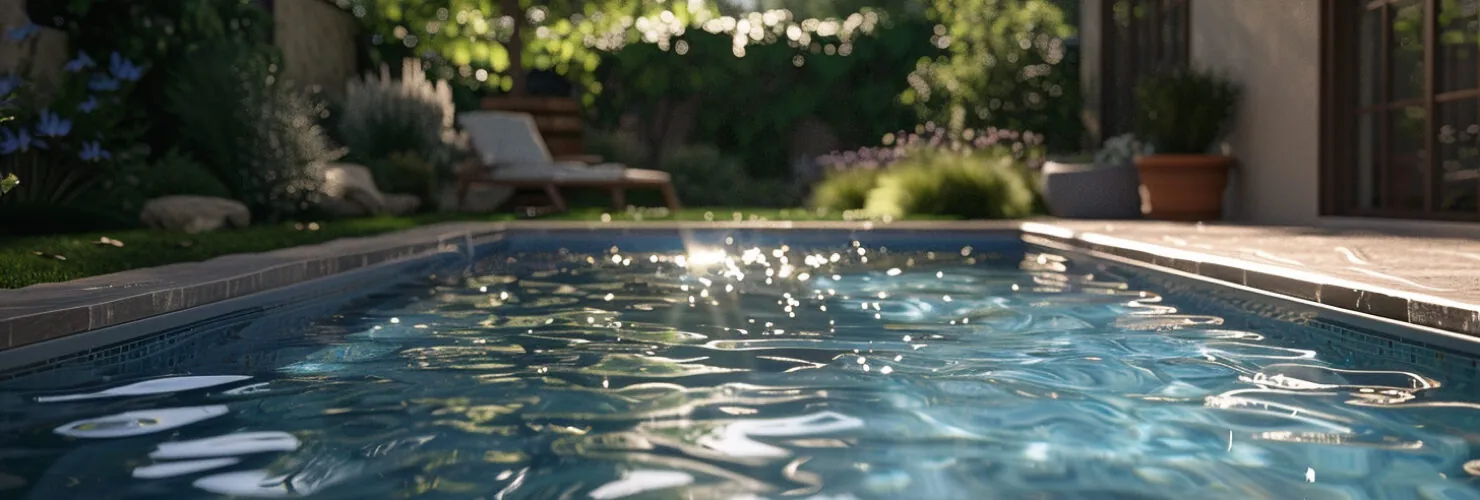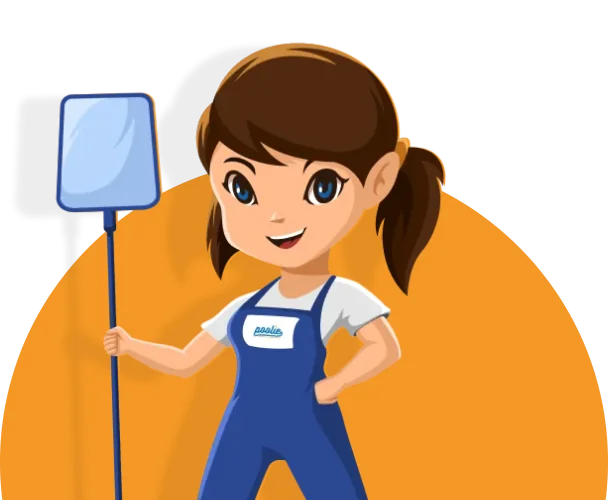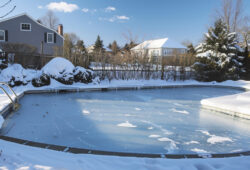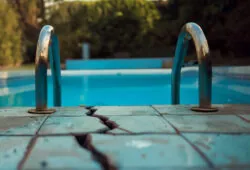
Poolie Team: Feb 28, 2024
Hey, pool peeps! At Poolie, we believe in diving deep into the world of pool care to help you become the pool expert you were meant to be. Today, we’re talking about a mysterious pool term that might leave you scratching your head – CYA. But don’t worry; it’s not as cryptic as it sounds! So, let’s uncover the secrets of CYA and why it matters for your pool.
- Decoding CYA: CYA stands for Cyanuric Acid, a chemical compound used to stabilize chlorine in your pool water. It acts as a sunblock for chlorine, protecting it from being rapidly broken down by the sun’s UV rays. This allows the chlorine to stay active in the water for a longer time.
- The Goldilocks Zone: Just like Goldilocks and her porridge, CYA levels need to be just right! Too much CYA can lead to chlorine lock, where the chlorine becomes less effective in sanitizing the pool. On the other hand, too little CYA means the chlorine gets used up quickly, leaving your pool vulnerable to bacteria and algae growth.
- Testing and Balancing: Testing CYA levels regularly is essential for maintaining a healthy pool. Aim for a CYA level of 30-50 ppm (parts per million) in most pools. If your CYA levels are too high or too low, adjusting them can be a bit tricky. But worry not, Poolie’s got your back!
- Dilution Solution: If your CYA levels are too high, a partial water change can help dilute the CYA concentration. Alternatively, if your CYA levels are too low, adding stabilizer products can increase the CYA content.
- CYA and Water Conservation: Keep in mind that CYA doesn’t dissipate from the water over time, so be mindful of how much stabilizer you add. Over time, the CYA levels can build up, especially if you’re using stabilized chlorine products. Water conservation and responsible pool care go hand in hand!
Understanding CYA is the key to maintaining a perfectly balanced pool. With the right CYA levels, your pool will be a haven of crystal-clear waters and happy swimmers. At Poolie, we love to share our pool wisdom, so if you have any questions about CYA or any other pool-related topics, don’t hesitate to reach out! Your pool will thank you for it.
Join Our Tribe of Delighted Texas Pool Owners
Forget the hassle of pool maintenance.
Poolie’s team of professionals can keep your pool serene and inviting without you lifting a finger. We offer everything from detailed cleaning to emergency repairs and restoration.



